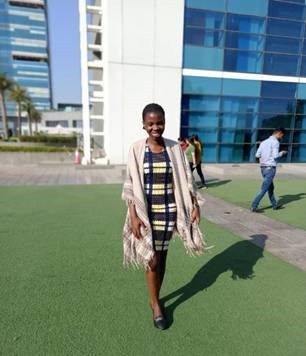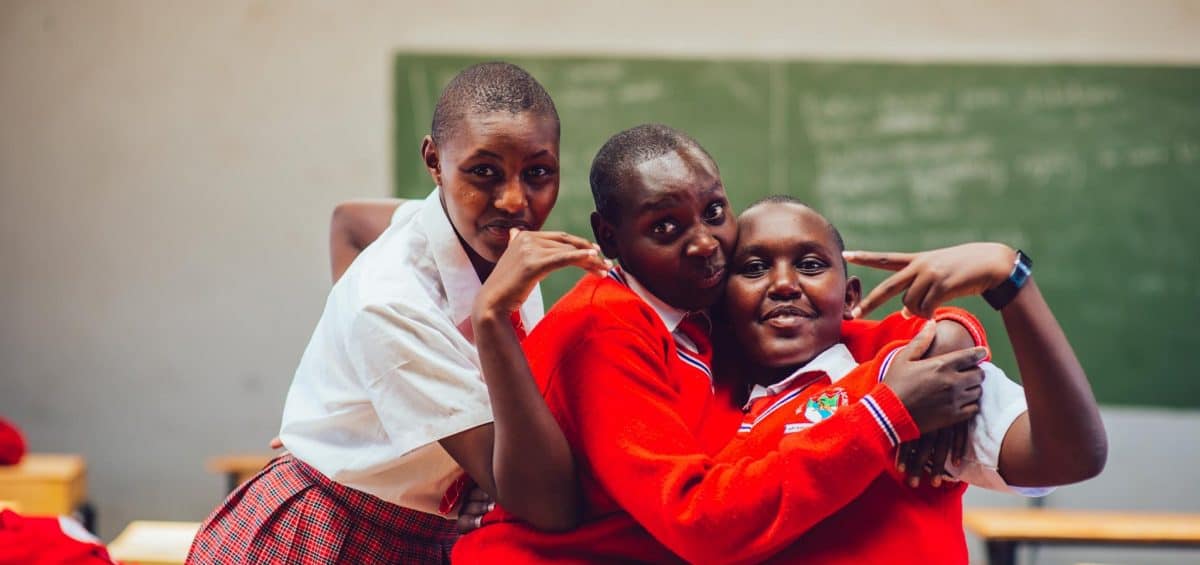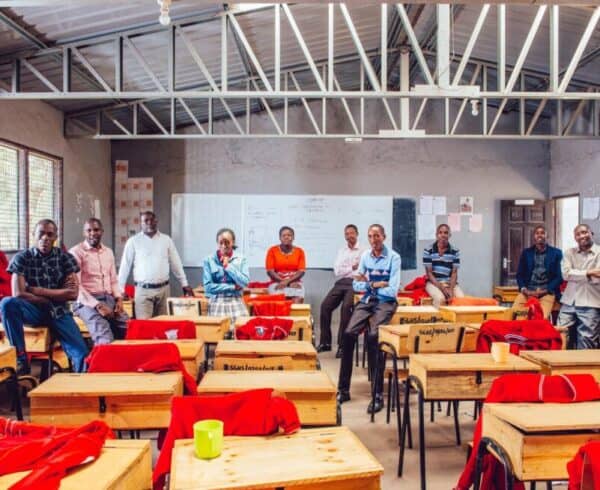One from the Quite Great archives. Celebrating its tenth anniversary in 2020, Educating the Children (ETC) is a UK-registered charity whose mission is to empower young women in East Africa. By providing education and training which leads to formal employment. With Quite Great Charity PR helping with outreach.UK Charity PR Educating. Send us an email to see how we can help your charity.
The charity was traditionally involved in “bricks & mortar” investments where it built the first secondary school in the Masai Mara in Kenya.
However, as the future of education and work evolves, so has ETC’s strategy.
Through a newly introduced innovative programme called “Code Queen”, Which it piloted in July 2019 and Quite Great Charity PR UK were at the forefront of media relations .
Code Queen allows young girls in East Africa learn code and connects successful graduates. To an ecosystem of partners that includes businesses, head-hunters, universities and youth-based organisations.
As schools have been forced shut, Code Queen has still allowed students to continue to help themselves through online learning. Students even recently showcased their talents through completing a hackathon. Which solved a real-life business challenge for Safe Boda, known as the “Uber of Uganda”.
Code Queen is also an opportunity for the unemployed in Africa to empower themselves. By taking part in the growing global digital economy, regardless of location. Software engineering is now one of the world’s most in-demand professions.There remains an acute shortage of ICT professionals, especially women.UK Charity PR Educating
For more information do contact Quite Great UK CHARITY PR.
Given the growing demand and success of this programme, only accelerated by COVID-19.
ETC is looking to scale in order to bring this opportunity to even more young women.
Donate What You Can to help East African Women Help Themselves
https://uk.virginmoneygiving.com/ETCeducation
Case Study
PHYLLIS was part of the first cohort of Code Queen in Uganda and is currently working on a 2-year 
Sonal Kadchha is Founder of ETC. Sonal also set up ETC 10 years ago in parallel to her corporate career in the city in London. She then left 2 years ago to focus on ETC’s future strategy.
Facebook | Twitter | YouTube | Instagram | Website
For more information, please contact lisa@quitegreat.co.uk or call 01223 844 440






1 comment